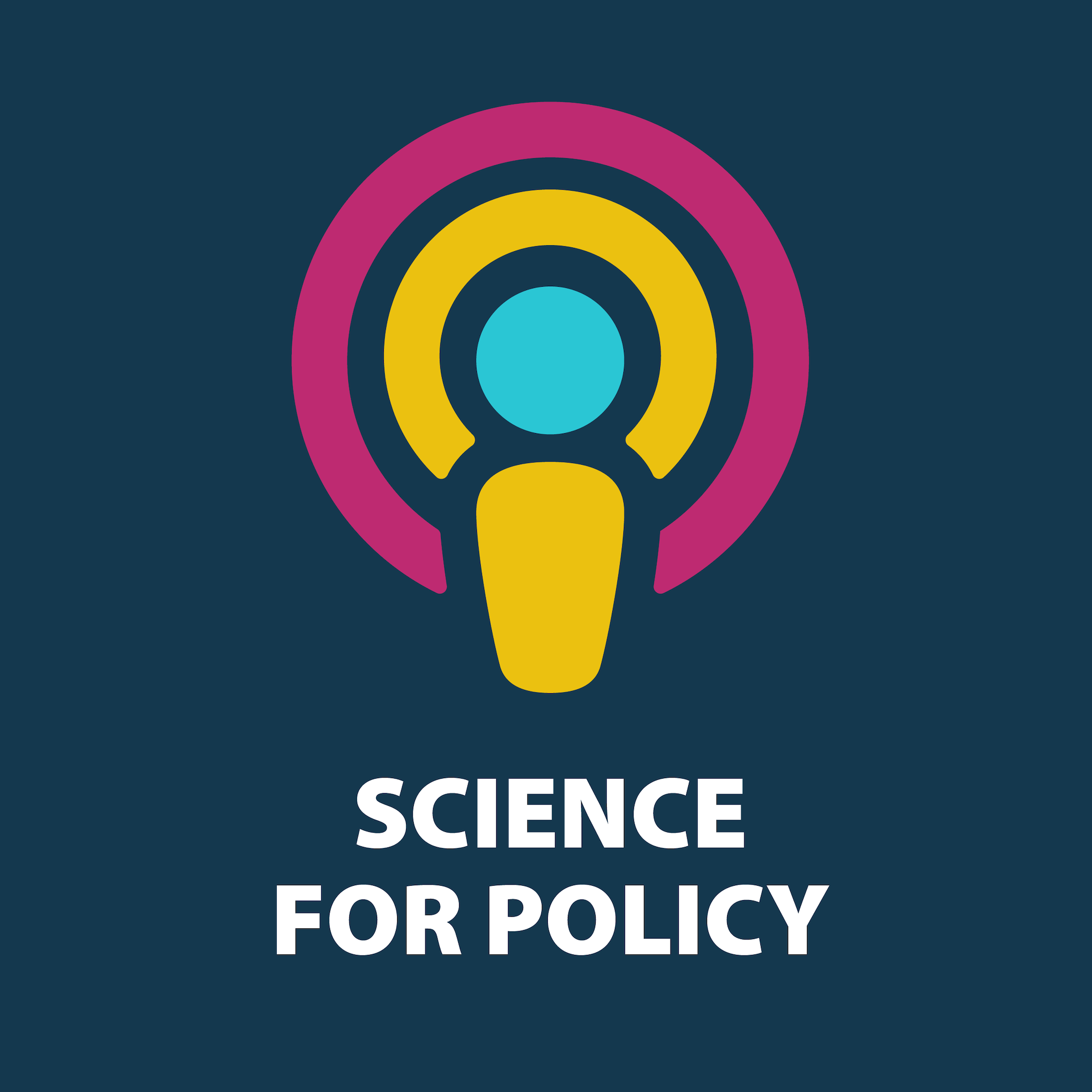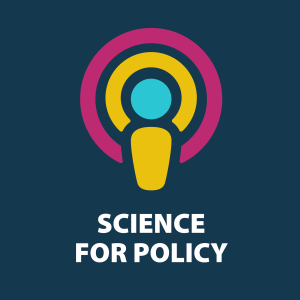
How far should we rely on science to make political decisions? What makes a good science advisor — or a good science advice system? What do we do when the evidence is incomplete or controversial? What happens when science advice goes wrong and how can we fix it? We explore these questions, and many more, in conversation with the researchers, policymakers and communicators who make science advice happen around the world. The Science for Policy podcast is produced the Scientific Advice Mechanism to the European Commission and hosted by Toby Wardman. The many and varied opinions expressed on this podcast are those of the guests themselves. They do not necessarily represent the views of SAPEA or the European Commission.
Episodes

Monday Jun 14, 2021
Pia Kinhult on connecting policy with big science
Monday Jun 14, 2021
Monday Jun 14, 2021
When it's finished, the European Spallation Source in Sweden and Denmark will be the brightest neutron source in the world, opening up new frontiers for science in a broad range of fields. But building a giant facility like this takes decades of commitment from policymakers and scientists alike. In a political environment dominated by short-term thinking, how do we keep everyone on board to see this kind of project through to reality?
Pia Kinhult, Head of Host States Relations at the ESS and a former leading politician in Sweden, talks to Toby Wardman about keeping things sweet between science and policy at the frontier of world-changing — and expensive — materials science.
Resources mentioned in this episode
- European Spallation Source: https://europeanspallationsource.se/

No comments yet. Be the first to say something!